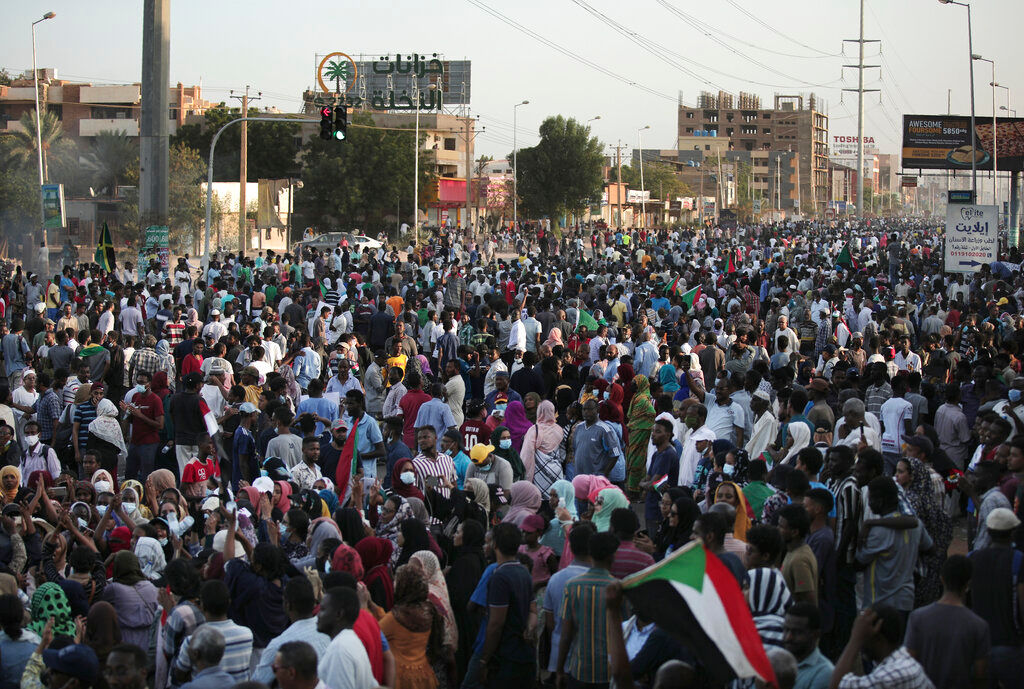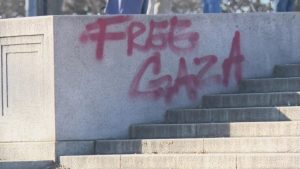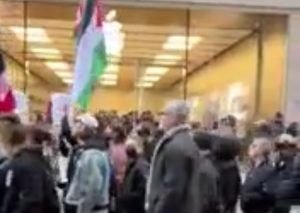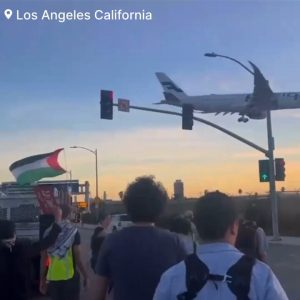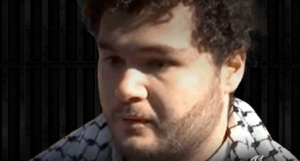Sudan’s protest movement has rejected internationally backed initiatives to return to a power-sharing arrangement with the military after last month’s coup, announcing two days of nationwide strikes starting Sunday.
The movement called for the establishment of a civilian government to lead a transition to democracy.
Also read: Sudan security forces shoot dead 2 protesters, doctors say
The call came as a leader of the country’s main political party accused the military leadership of negotiating in bad faith.
The Sudanese military seized power Oct. 25, dissolving the transitional administration and arresting dozens of government officials and politicians. The coup has been met with international outcry and massive protests in the streets of Khartoum and elsewhere in the country.
The takeover has upended the country’s fragile planned transition to democratic rule, more than two years after a popular uprising forced the removal of longtime autocrat Omar al-Bashir and his Islamist government.
Also read: Pakistan among countries where most journalist murders go unsolved: Report
Since the coup, the international community has accelerated mediation efforts to find a way out of the crisis, which threatens to further destabilize the already restive Horn of Africa region.
The Sudanese Professionals’ Association, which led the uprising against al-Bashir, said late Friday that mediation initiatives which “seek a new settlement” between the military and civilian leaders would “reproduce and worsen” the country’s crisis.
The SPA vowed to continue protesting until a full civilian government is established to lead the transition.
Also read: Sudan military leader fires 6 diplomats who criticised the coup
Under the slogan of: “No negotiations, no compromise, no power-sharing,” the SPA, which has a presence across the country, called for strikes and civil disobedience Sunday and Monday.
Al-Wathig al-Berier, the secretary general of the Umma party, urged the international community Friday to pressure the military to de-escalate. Since the coup, the generals have continued to dismantle the transitional government and arrest pro-democracy leaders. The Umma is Sudan’s largest political party and has ministers in the now-deposed government.
“We truly need to prepare the atmosphere and de-escalate matters so that we can sit at the table,” al-Berier told The Associated Press. “But clearly the military faction is continuing with its plan and there are no efforts to show good will.”
He was referring to Thursday’s arrest of leaders from the Forces for Freedom and Change, a coalition that was born out of the 2019 protest movement. The military detained the three after they met with U.N. officials Thursday in Khartoum. The meeting was part of the mediation efforts, led by the U.N.
Al-Berier said mediation efforts have yet to produce results, blaming the military for that failure. He warned of possible bloodshed since the military and the protest movement have become increasingly entrenched in their positions.
He urged the international community to increase pressure on the military leaders to reverse the coup.
“In these initial stages, we hope that they continue strong pressure. This pressure has to be more than just tweets. This pressure needs to have mechanisms that could create real pressure on the military component,” he said.

